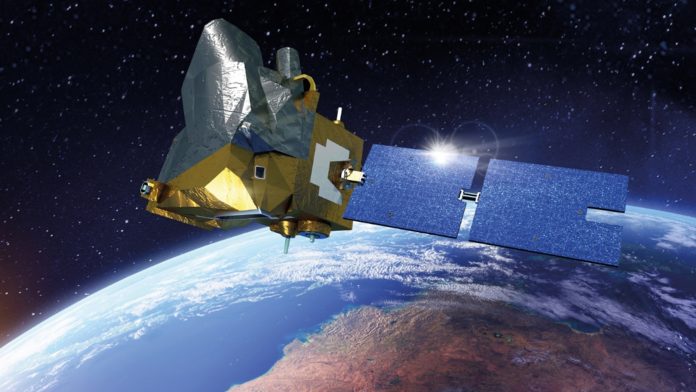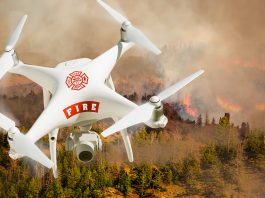The groundbreaking carbon dioxide (CO2) monitoring MicroCarb satellite is now ready for launch, a landmark moment in climate monitoring.
Thales Alenia Space in the UK (TAS UK) has delivered the MicroCarb satellite at the Harwell Science and Innovation Campus in Oxfordshire.
The satellite, designed to quantify sources and sinks of CO2 on a global scale, is now en route to Toulouse, France, where it will be prepared for its upcoming launch.
MicroCarb: Addressing the data gap in CO2 measurement
The MicroCarb satellite aims to tackle the challenge of quantifying CO2 absorption and release into the atmosphere, a crucial aspect in understanding natural carbon fluxes and informing climate models.
Currently, the lack of comprehensive data impedes accurate measurement of CO2 levels, highlighting the importance of missions like MicroCarb in providing vital insights into climate dynamics.
Equipped with advanced technology, MicroCarb boasts a compact design capable of estimating CO2 concentrations in the atmosphere with remarkable precision, reaching as low as one molecule per million molecules of dry air (1 ppm).
This feat is made possible by a sophisticated passive spectrometer instrument onboard, facilitating precise measurement of carbon absorption by ecosystems.
Andrew Griffith MP, Minister for Space at the Department for Science, Innovation and Technology, emphasised the importance of the MicroCarb satellite mission: “MicroCarb’s advanced technology will deliver invaluable and precise data on our planet’s carbon dioxide levels and marks the latest exciting innovation by the UK’s groundbreaking space sector in collaboration with our friends in France.
“Once operational, it will inform businesses and decision-makers around the world on the role they can play in tackling climate change and, as the technology develops, open new avenues for UK businesses that grow our economy.”
International collaboration between the UK and France
The MicroCarb mission exemplifies international collaboration in addressing climate challenges. Overseen by CNES, the French space agency, in partnership with the UK Space Agency and the European Union, the mission receives additional funding amounting to £13.9 million from the UK Space Agency.
Airbus Defence & Space in Toulouse was selected by CNES to design and construct the satellite and its instrumental payload, utilising the Myriade microsatellite bus.
Since arriving at RAL Space’s satellite test facilities in December 2022, MicroCarb has undergone rigorous testing and integration processes.
TAS UK, along with support from RAL Space and the UK Space Agency, led successful assembly, integration, and testing phases, including vibration and thermal vacuum tests.
These tests ensure the readiness of the MicroCarb satellite for the demanding conditions of space, culminating in the verification of its propulsion system.
Dr Paul Bate, Chief Executive of the UK Space Agency, said: “MicroCarb’s departure to France is an exciting next step in its journey to space, where it will gather crucial information to improve our understanding of the carbon landscape on our planet and the impact of carbon dioxide, which is the main greenhouse gas caused by human activity.
“Over half of the critical measurements on climate change rely on satellite data, and it’s a testament to the expertise of UK scientists and engineers – both at Harwell Space Cluster and across the country – that we are playing a central role in such an important mission.”
Onward journey to launch
Having completed environmental testing, MicroCarb is now qualified for the space environment. Its journey continues as it travels from Harwell to Thales Alenia Space’s facility in Toulouse for storage and final launch preparations.
Once operational, MicroCarb will play a pivotal role in advancing our understanding of global CO2 fluxes, contributing to informed climate action and policy decisions on a global scale.









